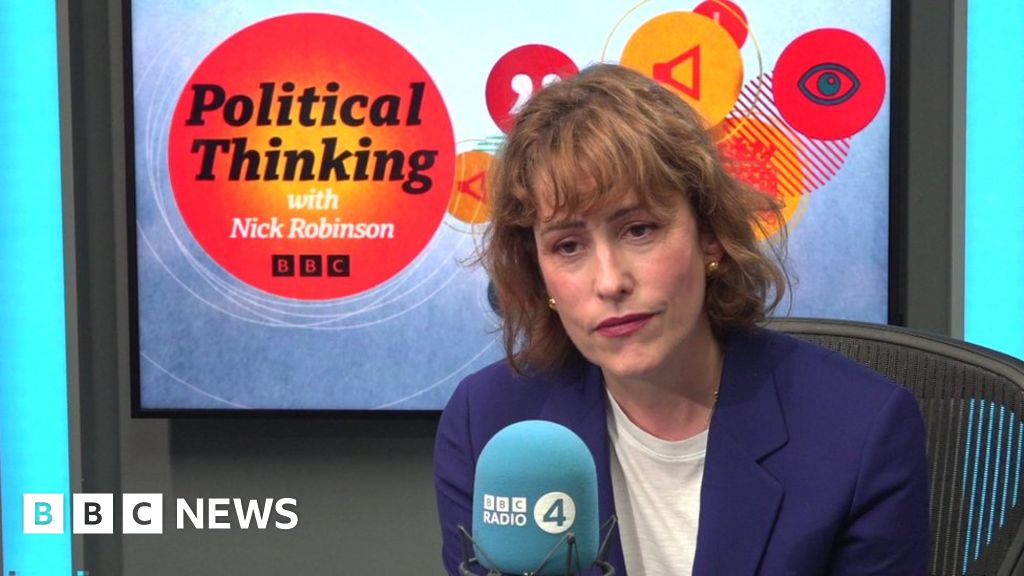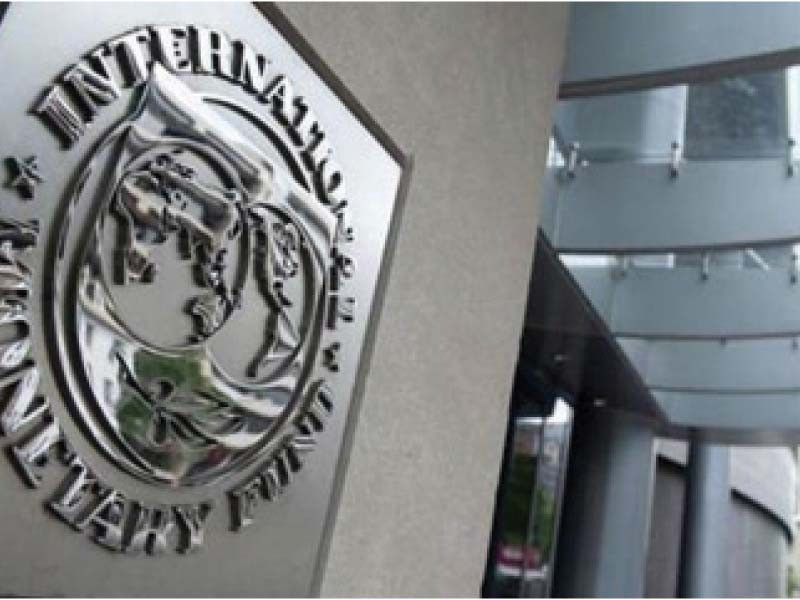Pakistan has agreed to impose new taxes to recover an additional Rs170 billion revenue, including through 1% increase in the General Sales Tax (GST) rate, in just four months.
This would in addition to withdrawal of unbudgeted power subsidies for farmers as well as exporters to meet the conditions of the International Monetary Fund (IMF) for the revival of its stalled loan programme.
The yearly impact of the new tax measures would be more than Rs500 billion. The government has also assured the IMF of raising gas tariff and petroleum levy rates to chase a much-delayed staff level agreement.
The details of the prior actions were shared by Finance Minister Ishaq Dar on Friday — an hour after the IMF also released its press statement on the conclusion of its visit to Pakistan.
The IMF statement indicated that Pakistan would have to take all the needed measures before a staff-level agreement could be reached.
“Pakistan has agreed to implement the prior actions, which include imposing taxes amounting to Rs170 billion,” said the finance minister.
He added that the government had tried its best that the common man was not overburdened by the measures.
To a question, the minister replied that increasing the GST rate to 18% was part of the taxes — a measure that was highly inflationary and would hurt poor people more than the rich.
Responding to another question, Dar said the Rs170 billion taxes would be collected during the remainder period of the current fiscal year.
The minister’s statement suggests that the annual impact of the new tax measures would be much more than Rs500 billion — a figure that was closer to the IMF’s original demand.
The finance minister insisted that the Rs170 billion measures could not be conceived as Rs500 billion but he agreed that they were not the one-off taxes that would be withdrawn in June.
To impose the taxes, the government would introduce a finance bill or ordinance, depending on the situation at the time, he added.
The minister said it had been agreed to minimise the untargeted subsidies in the gas and energy sectors and this process would be completed with the approval of the federal cabinet.
Dar added that the IMF had allowed adding some amount of money in circular debt.
On Friday, the Economic Coordination Committee (ECC) of the cabinet approved withdrawing the electricity subsidies for exporters and farmers.
Talking about the electricity prices, Dar said the country’s generation cost was around Rs2.9 trillion while only Rs1.8 trillion was recovered. He added that this resulted in an increase in either the circular debt or fiscal deficit.
However, the entire difference in amount would not be recovered by increasing the tariff, he maintained.
The finance minister said Pakistan would end the Rs260 billion to Rs270 billion annual flow of the gas sector’s circular debt.
However, he added that the resolution of the Rs1.642 trillion stock of the gas sector was not part of the IMF deal. “The negotiations were hard but we agreed only to what was doable,” he claimed.
The minister did not speak about the policy rate increase but sources said that the IMF was looking for a significant increase in that area in light of the projected 29% inflation rate for the current fiscal year.
Dar said the government had received the Memorandum of Economic and Financial Policies (MEFP) from the IMF related to the completion of the ninth review of the $6.5 billion loan programme.
The IMF mission left Pakistan without reaching a staff-level agreement, indicating serious problems in negotiations that kept at least one end open despite a 10-day long visit.
The IMF and the government held talks between January 31 and February 9.
However, Dar insisted in his news conference that there was no confusion.
“We insisted that the IMF delegation give us the MEFP before leaving so we could look at it over the weekend,” he said, adding that the government and global lender officials would hold a virtual meeting in this connection on Monday.
“I am confirming that the MEFP draft has been received by us at 9am today,” he claimed.
“We will completely go through the [MEFP] over the weekend and will hold a virtual meeting with [IMF officials]. It will obviously take a few days,” he added.
Nathan Porter, the IMF mission chief in his concluding statement, said considerable progress was made on policy measures to address domestic and external imbalances during the visit.
Porter underlined key priorities that included strengthening the fiscal position with permanent revenue measures and reduction in untargeted subsidies.
The mission chief once again emphasised the need for leaving the exchange rate on the market forces.
He said Pakistan should allow the exchange rate to be determined by the market to gradually eliminate the foreign exchange shortage.
The finance minister acknowledged that reforms in certain sectors required by the IMF were in Pakistan’s interest.
He criticised the previous PTI-led government for “economic destruction and bad governance”.
“It is necessary to fix those things,” he maintained.
“These reforms are painful but necessary,” he added.
Dar vowed to keep making efforts to ensure Pakistan completed the IMF programme.
The finance minister said the country would receive a $1.2 billion tranche after the approval of the review by the IMF board.
In response to a question, he replied that the finance team was “satisfied” with the negotiations with the IMF related to the power tariff.
To another query, the minister said commitments with friendly countries would be fulfilled and inflows would be received.
“There is nothing to worry about. This country has also survived on $414 million in foreign reserves,” he added.
Dar said the central bank was managing the foreign exchange reserves.
The minister claimed there was a credibility gap as the IMF did not trust the government because of the PTI government’s actions.
“They say not only did the previous government not implement the agreement but also reversed [these actions] when a vote of no-confidence was brought against [PTI chairman and deposed premier] Imran Khan,” he maintained.
In the statement, Porter said the IMF team welcomed the prime minister’s commitment to implement policies needed to safeguard macroeconomic stability.
“The timely and decisive implementation of these policies along with resolute financial support from official partners is critical for Pakistan to successfully regain macroeconomic stability and advance its sustainable development,” he added.
Porter said that virtual discussions would be held in the coming days to finalise the implementation of these policies.
Source link















































